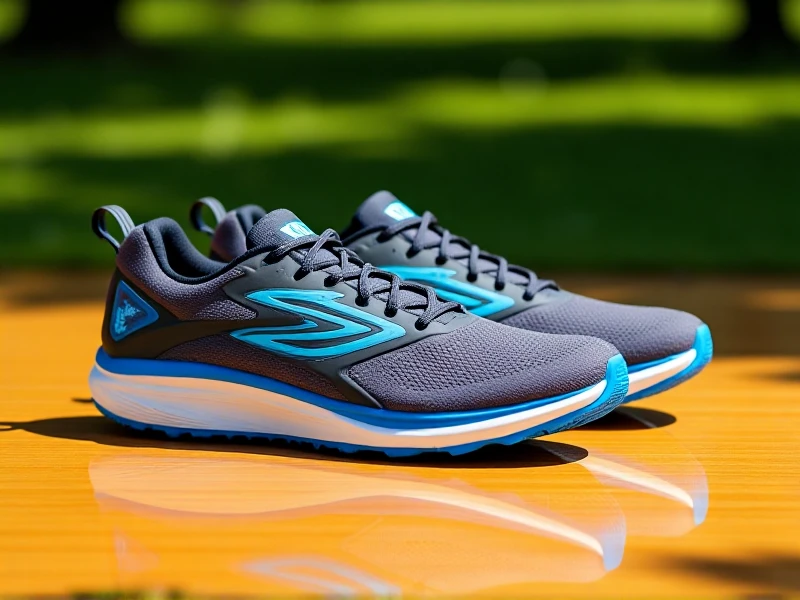The Ultimate Guide to Choosing the Best Running Shoes

When it comes to hitting the pavement or trail, having the right running shoes can make all the difference. Not only do they cushion your steps and protect against injuries, but they also boost your comfort and performance, helping you go longer and faster. As a runner myself, I've learned that investing in quality running shoes transforms every workout—from a brisk morning jog to marathon training. Whether you're a beginner finding your stride or a seasoned athlete aiming for personal bests, this guide breaks down everything you need to know to pick the perfect pair of running shoes.
First, consider the types of running shoes available on the market. Neutral shoes are ideal for those with a natural gait, providing balanced support and flexibility. If you have flat feet or overpronate (where your foot rolls inward), stability shoes offer added arch support to correct alignment. Meanwhile, motion control variety best suits severe overpronators, with stiffer designs reducing excess movement. Cushioned shoes, with extra padding, are great for shock absorption on hard surfaces, while trail running shoes feature rugged soles for grip on uneven terrain. Always think about your running surface—for roads, lightweight options shine, but for off-road adventures, durability is key.
How do you choose the right running shoes? Start by assessing your foot type: visit a specialized store for a gait analysis or do a simple wet foot test at home. If your footprint shows a high arch, neutral shoes could work; if it's flat, opt for stability or motion control. Next, factor in your running habits. Short-distance runners might prefer a minimalist design for speed, but marathoners need maximum cushioning to reduce fatigue. Breathable materials like mesh keep feet cool, and a snug heel fit prevents blisters without restricting toe room. Always try on shoes later in the day when feet swell, and walk around to test comfort. Brands like Brooks and Nike offer excellent models, with the Brooks Ghost series praised for versatility and Nike's Pegasus for reliability. Aim to replace your running shoes every 300-500 miles to maintain support.
Finally, don't forget the benefits beyond performance. Good running shoes enhance recovery by reducing joint stress, and stylish designs let you express your personality on every run. As you shop, read reviews and compare prices to find value—your ideal pair should feel like a natural extension of your body. In no time, you'll be logging miles with confidence, enjoying the freedom that comes from perfect-fit running shoes. Now, lace up and start exploring!